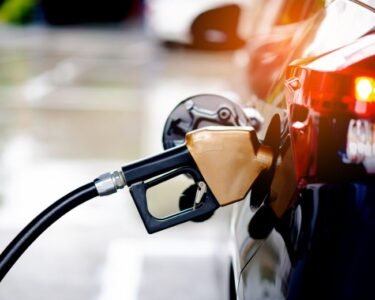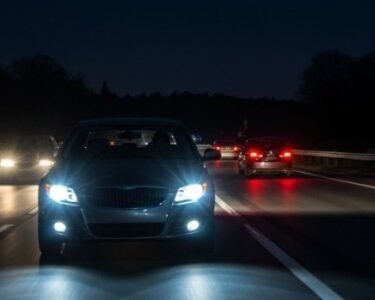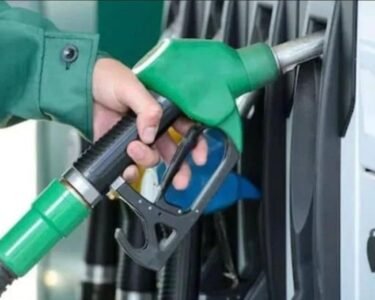Picture this: you’re stuck in Lahore’s endless traffic jam, the summer sun beating down, and your 70cc petrol bike is guzzling fuel while spewing out thick smoke. Then, your neighbor glides past silently on an electric bike, spending less, riding cleaner, and avoiding the hassle of constant maintenance. In Pakistan’s crowded cities, where fuel prices are high and smog blankets winter skies, electric bikes are more than a trend—they’re a smart, sustainable solution for daily commuters.
1. Huge Savings on Fuel Costs
Running a petrol bike is far more expensive than you think:
- 70cc petrol bike: Rs. 7–10 per km
- Electric bike: Rs. 0.50–2 per km
That’s 5 to 10 times cheaper per ride. Over a month, you could save thousands simply by switching to an e-bike.
2. Minimal Maintenance, Maximum Convenience
Monthly expenses for a petrol bike might include:
- Rs. 800 on engine oil changes
- Rs. 500 replacing spark plugs
- Rs. 1,000 cleaning the carburetor
Electric bikes have no engine oil, no spark plugs, no carburetor—just a battery and motor with minimal upkeep.
3. Cleaner Air and Zero Emissions
A petrol bike emits:
- ~90g of CO₂ per km
- Nitrogen oxides
- Harmful particulate matter
Electric bikes produce zero tailpipe emissions, making them three times cleaner overall—even if the electricity comes partly from non-renewable sources.
4. Ride Without Restrictions
During Lahore’s winter smog season, petrol bikes often face riding bans, but e-bikes move freely. Plus, they offer:
- Instant torque & no lag
- No gears—just twist and go
- Quiet, smooth operation
5. Perfect for Pakistani Roads
- No exhaust to flood in rainy streets
- Easy home charging—nighttime or solar-powered
- Agile enough for narrow alleys and congested markets
Government Subsidies Make It Easier
The E-Bike Scheme 2025 allocates Rs. 9 billion nationwide, giving buyers a Rs. 65,000 subsidy. The Punjab Bike Scheme adds up to Rs. 100,000 in financial assistance—making electric bikes more affordable than ever.
Switching to an electric bike in Pakistan today isn’t just a financial win—it’s a cleaner, quieter, and smarter way to travel.






